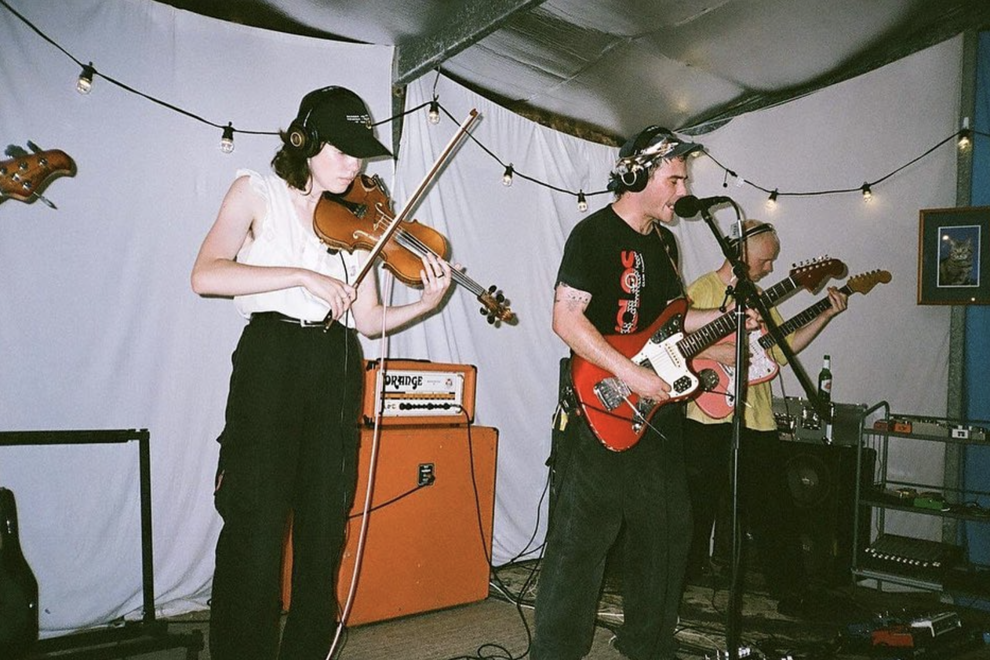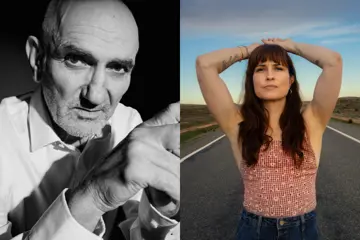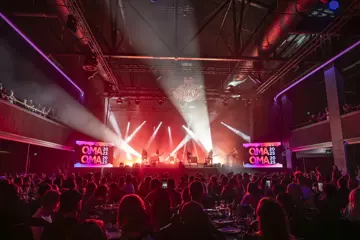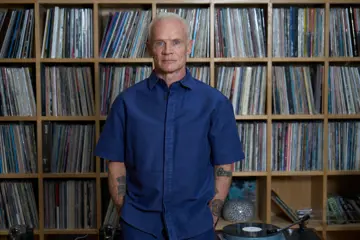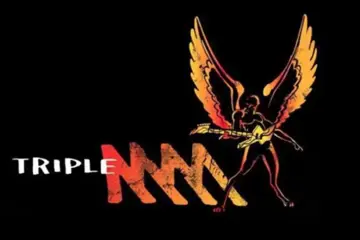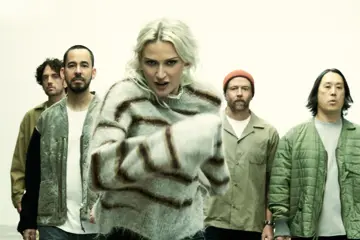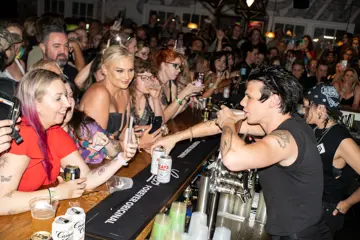More and more these days the address of a gig isn’t immediately available to me.
Everyday I scroll through my Instagram, zombie-like (I wish I didn’t, but I do). My feed is littered with upcoming shows, gig recommendations, local bands I love playing at tried and true venues. My feed is also, more and more, filled with posts promoting shows where you have to actually directly message people for the address (or the address is revealed to you via email upon the purchase of a ticket). You go in blind - you could be watching someone play in Norwood or Belair or North Adelaide, or anywhere else.
What we are experiencing here in Adelaide right now is the proliferation of house shows. They are literally what they sound like: gigs that take place at somebody’s house rather than at one of the professional music venues that we all frequent. They are usually cheery, warm affairs. Quite often the hosts have stocked up on cans of beer, or have a few spare bottles of riesling. Unlike at a pub, tea or coffee is usually available as well. Sometimes there is even a cheeseboard, or a platter of olives, cucumbers, hummus, frozen spring rolls. I once went to a house show in Eden Hills - an idyllic setting, with a panoramic view of the suburb’s eponymous rolling hills - where a huge vat of homemade mulled wine was on offer. The host, a sultry-voiced jazz vocalist who also happened to be performing that afternoon, was ladling the aromatic concoction into an eclectic mix of ceramic mugs and passing them around to her guests.
So, why are house shows so popular right now, when The Crown and Anchor has been saved, when there are plenty of proficient venues available to host gigs both inside and outside of the CBD?
It seems to me that house shows seem to promise a sense of intimacy. And perhaps it is intimacy that we, as both audience members and musicians, are craving most of all. Connection is, ultimately, what music promises - perhaps house shows as a setting appear to be more conducive to allowing music to follow through on that promise. Experience connection and transcendence, all in someone’s backyard (or even their living room - there are no rules).
And intimacy, in this era of touching screens, can be considered a rarity. Community is fervently desired, more than ever. But how do we find it?
Don't miss a beat with our FREE daily newsletter
Local musician Thea Martin (of short snarl), who has both played at other people’s house shows and hosted their own, weighs in on what the appeal of a house show is.
Martin is drawn to hosting because “you get to create the environment and the experience for people. You get to work on your own terms and keep all aspects from planning to execution without having to worry about having enough drink sales at the bar or selling enough tickets. You can curate an event with a small audience in mind.” On the part of the artist, or management, there is perhaps more of a sense of control over the finished product of the gig itself than there would be at an outside venue with different, specific standards.
Martin walks me through the meticulous process of organising a house show. “Begin with the lineup and the house.” You have to ask yourself certain questions. “What spaces are available to us? How can they be adapted to facilitate music? How can what’s already in a house create a unique experience for an audience? Who do I want to work with, whose art can be shown uniquely in a house show context? Particularly for softer artists or more experimental shows, house concerts are great, because you’re going to have a much more focused and open audience than at a pub, where there can be so much going on at the same time.”
There’s an adaptable, communal nature to house shows - there is more give. “You can also mix genres on a lineup. Sometimes there’s a pressure with public shows to have three artists of the same kind of sound to attract a specific crowd, but house shows feel more flexible in that regard. The best house shows are a community effort. When you’re going DIY, you rely on each other for resources, morale. and ideas. Your main difficulties are making sure the sound quality is good, that everyone is safe, that the property is respected, and that the neighbours don’t get too pissed off. A handwritten note in the letterbox goes a long way. Start early and finish early. Then you can party on without worrying about your gig getting shut down.”
Though Martin enjoys hosting and playing house shows, they also enjoy being the audience member in attendance at one. “It’s often a safer and more relaxed, or comfortable environment. I find as an audience member that you can form a stronger connection with the artist and get a sense of what they value.”
There’s that word again - connection. The thing we are all looking for through music, and through a plethora of other outlets. There is something intimate about listening to someone make music, listening to someone being vulnerable onstage, trying out new sounds and new feelings. There is something intimate about being let into someone’s home - their sanctuary, the place where they wake up every morning, the place where they turn in at the end of a long day. It seems inevitable, and natural, for these two realms to be combined.
This piece of content has been assisted by the Australian Government through Music Australia and Creative Australia, its arts funding and advisory body


